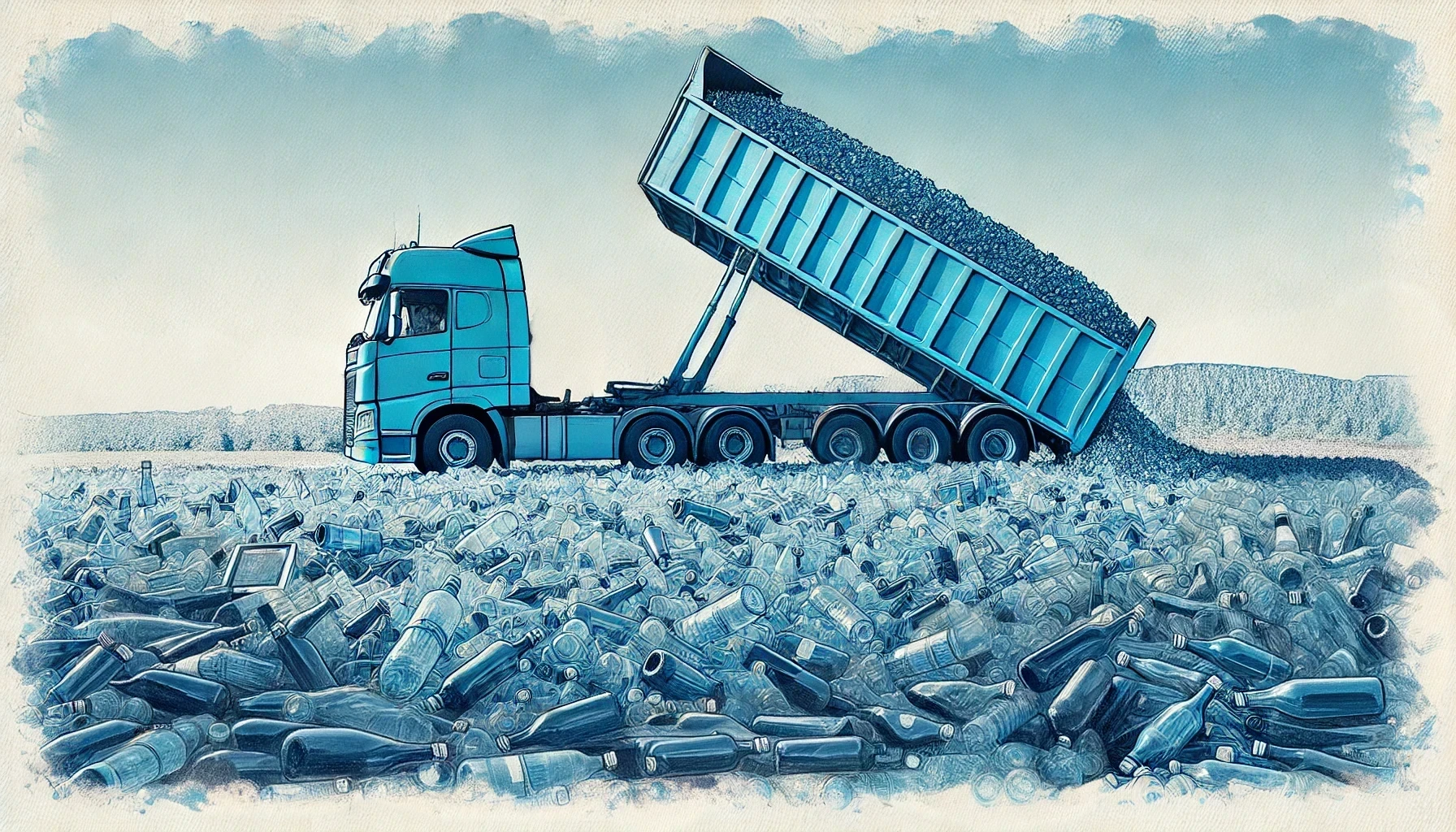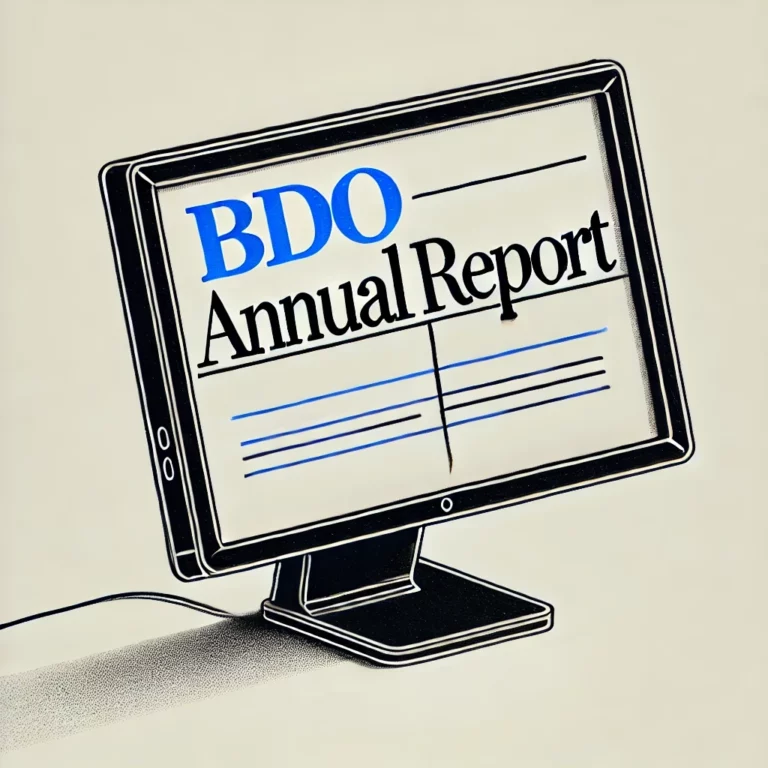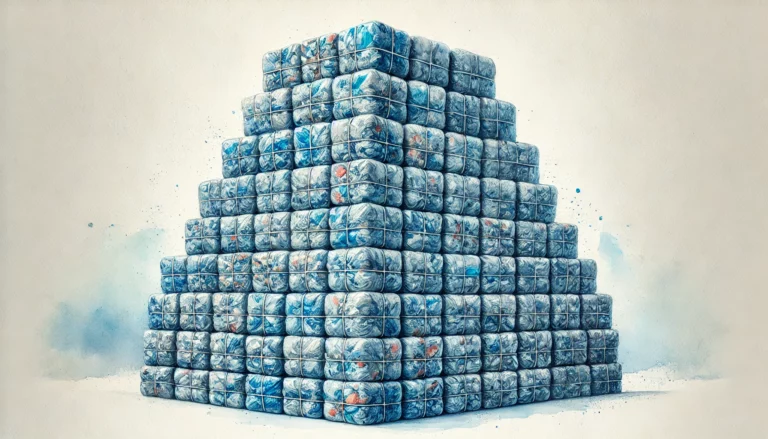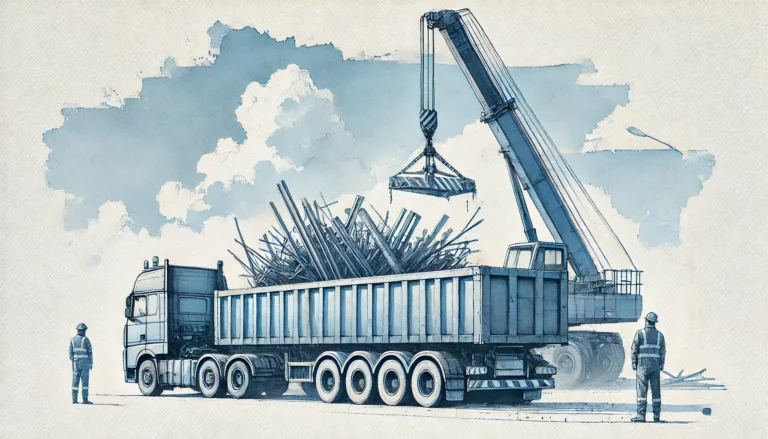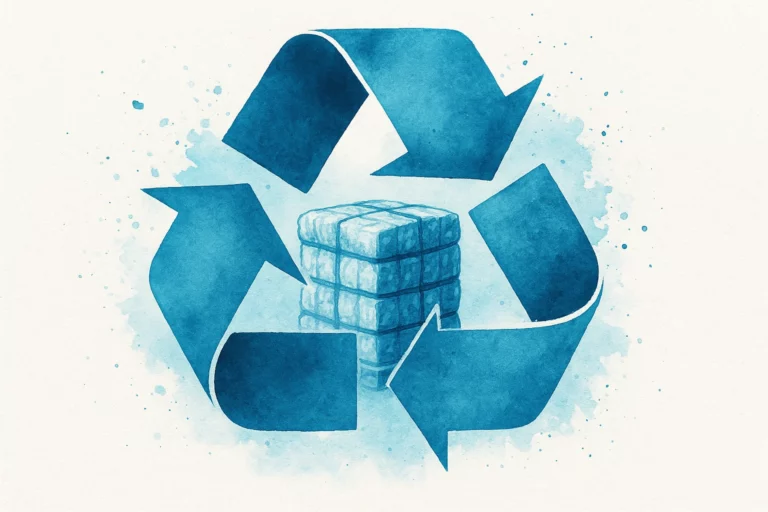Glass recycling: practical steps to prepare waste for export
Exporting glass waste for recycling plays a crucial role in supporting Europe’s circular economy and sustainability objectives. With increasing regulatory pressure and demand for secondary raw materials, companies engaging in glass waste export must navigate complex requirements. Proper preparation not only helps avoid penalties and shipment delays but also strengthens environmental responsibility.
Do you need help with waste management? Contact us:
Significance of glass export for recycling in Europe
Glass waste export supports recycling targets and ensures material recovery where local capacity is insufficient. According to Eurostat, in 2023 EU countries collectively exported over 1.5 million tonnes of glass waste for recycling. Germany and the Netherlands topped the exporter list, while Spain, Italy, and Belgium ranked among the largest importers, driven by high recycling plant demand. Poland has also emerged as both an exporter and transit hub, handling significant volumes directed to Western Europe. These flows underline the importance of compliant and efficient glass waste shipments.
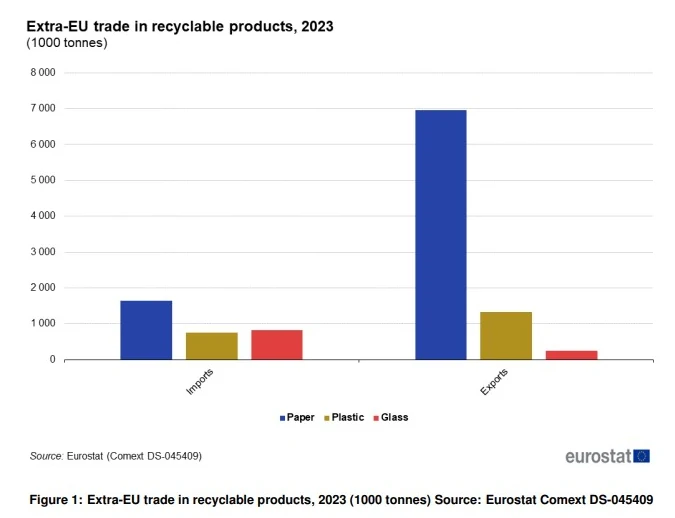
Source: Eurostat (Comext DS-045409), Extra-EU trade in recyclable products, 2023. Available here
Both imports into and exports from the EU of recyclable glass increased (by 11% and 15% respectively) between 2013 and 2023, underscoring the importance of proper management and recycling of this type of waste.
Key European regulations governing glass waste export
- Waste Framework Directive (Directive 2008/98/EC) – This directive provides the foundation for EU waste policy. It emphasizes waste prevention, reuse, and recycling, ensuring glass waste is managed without harming health or the environment.
- Regulation (EU) 2024/1157 (partially replacing 1013/2006) – Governs cross-border waste shipments. While 2024/1157 introduces modernized controls, Regulation 1013/2006 remains in effect for export rules until 21st May 2026. This ensures a phased transition for businesses to adapt.
- Basel Convention – Provides international control of hazardous and non-hazardous waste shipments, preventing illegal trafficking and ensuring environmentally sound management.
These laws form the backbone of compliance for glass waste export. They safeguard against environmental harm, ensure traceability, and create a level playing field in international trade.
Step-by-step: how to prepare glass waste for export and recycling
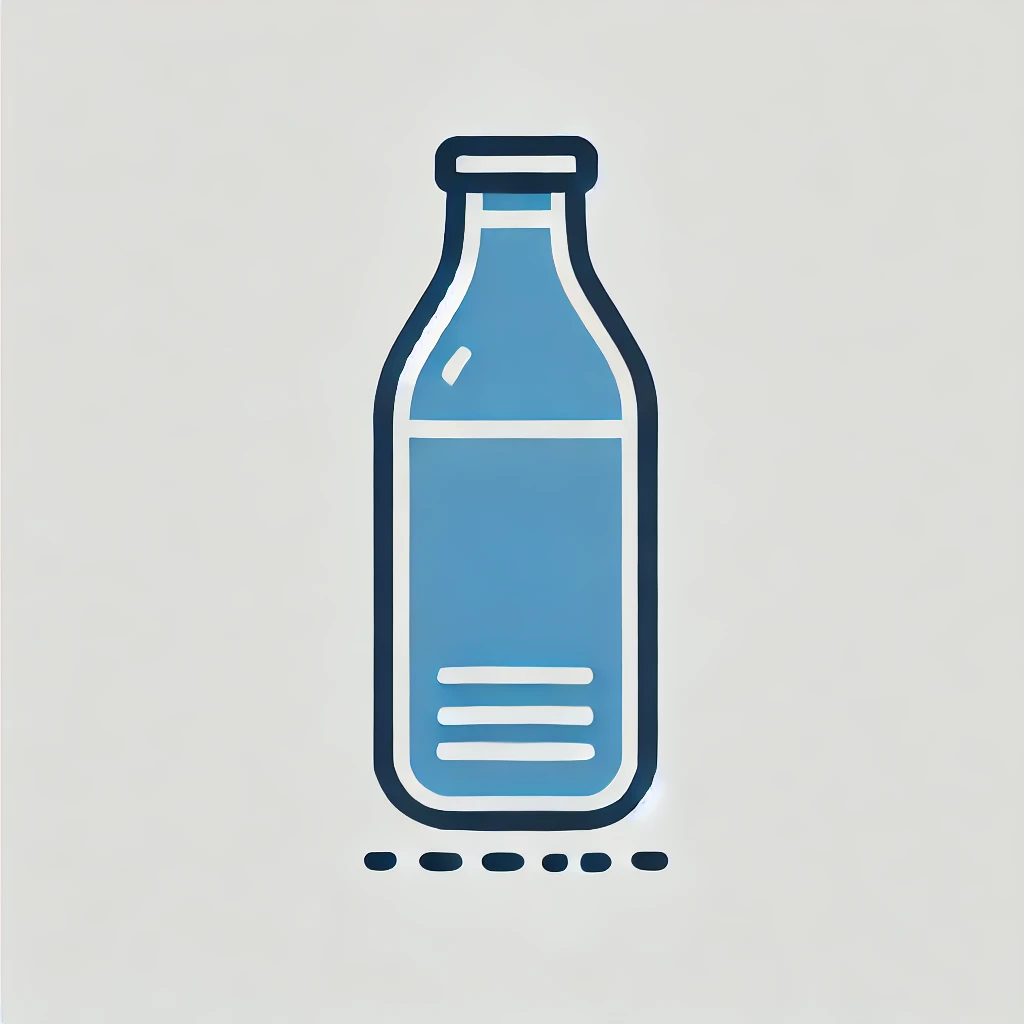
Segregate and classify glass waste
Distinguish between types (packaging, flat glass, cullet). Record accurate quantities and composition to match customs and recycler requirements.
Ensure cleanliness and quality
Remove contaminants such as metals, plastics, and labels. Contaminated glass may be rejected by recyclers or lead to fines.


Use compliant packaging and labeling
Secure the load in certified containers, clearly labeling with waste codes and export details. Proper labeling facilitates customs clearance and traceability.
Prepare documentation
Compile consignment notes, contracts and waste-related forms (Annex VII or Annexes IAand IB if applicable)
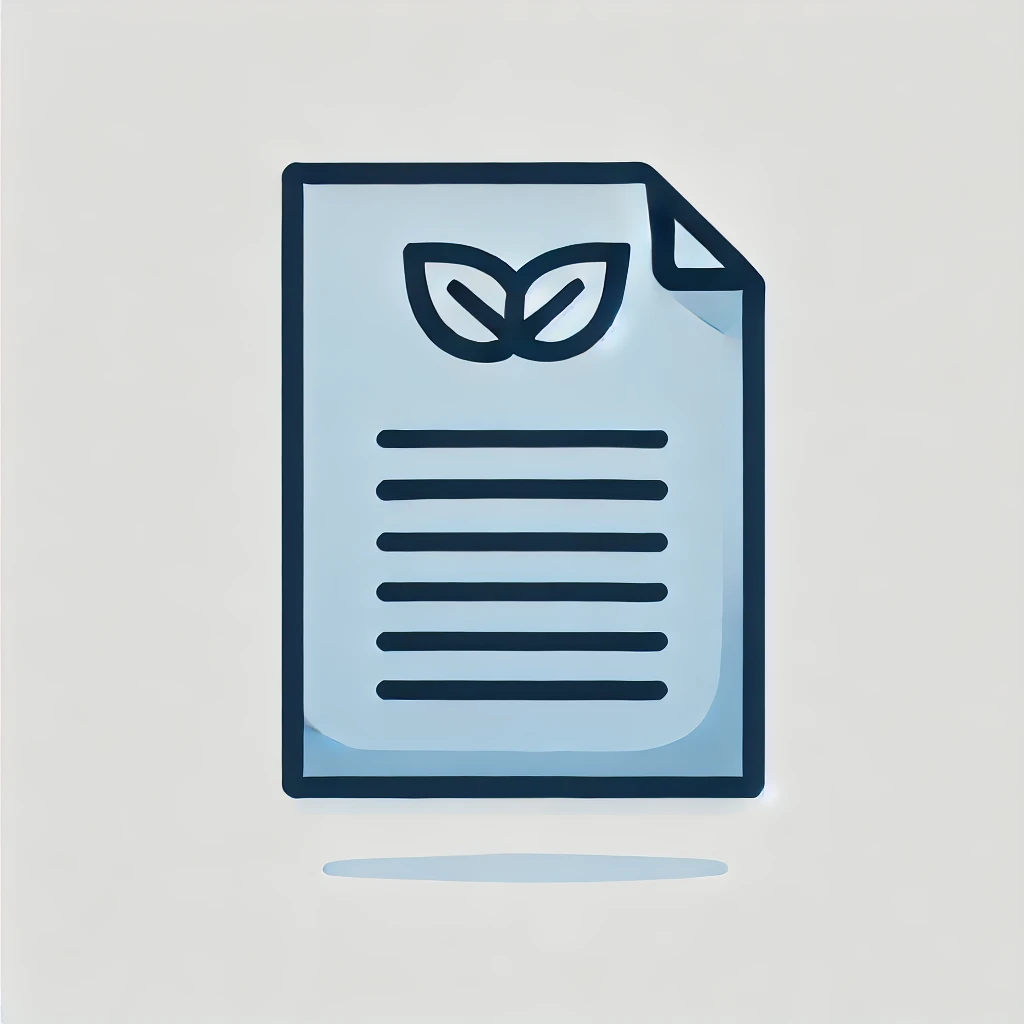
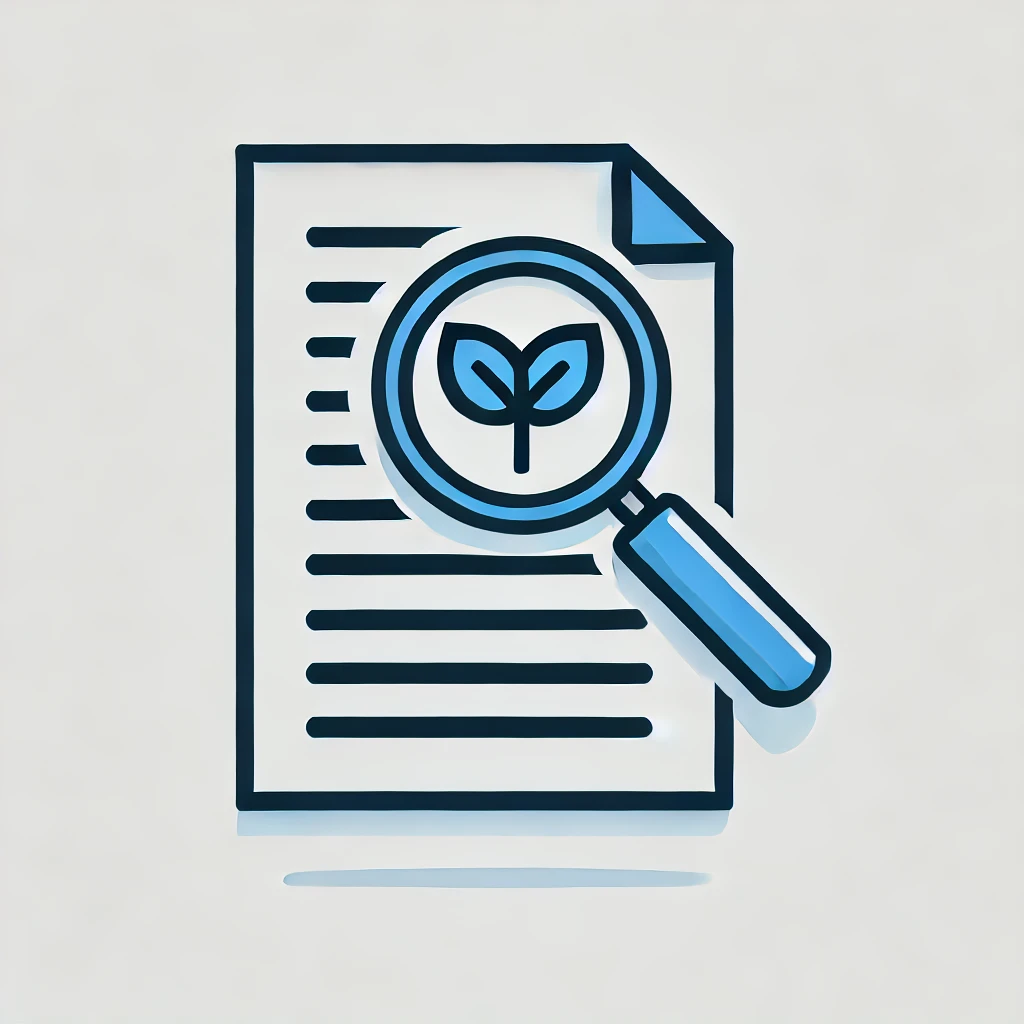
Check partners’ credentials
Verify that the transporter and recycler have the proper authorizations for waste handling in all involved jurisdictions.
Coordinate logistics and compliance checks
Confirm route planning, customs formalities, and advance notices where needed. Plan for contingencies, such as rejected loads.
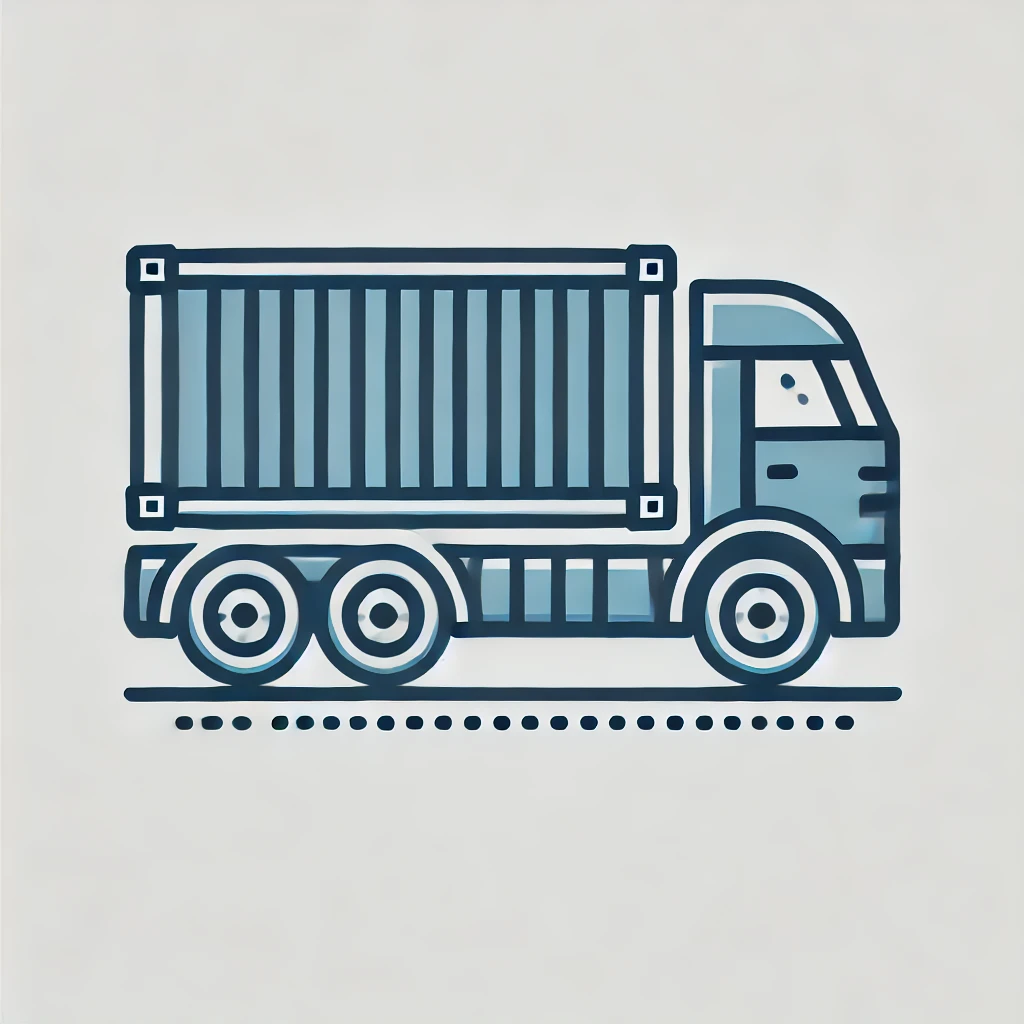
Glass waste export: key mistakes to avoid and best practices to follow
Red flags
- Contracts that generically describe goods without specifying glass waste.
- Unrealistically low transport or processing fees.
- Incorrect or missing waste codes.
- Partners unwilling to provide proof of authorization.
- Overpromises on delivery speed that seem unrealistic.
- Lack of transparency on final recycling destination.
Green flags
- Detailed, transparent contracts and pricing.
- Partners proactively providing certification and permits.
- Clear communication on waste classification and routing.
- Routine internal compliance checks within the supply chain.
- Established relationships with certified recyclers.
How to spot and avoid fraudulent companies?
- Always demand copies of valid permits and verify them with issuing authorities.
- Be cautious of intermediaries that refuse site visits or provide incomplete addresses.
- Use official registers to confirm recycler and transporter legitimacy.
- Beware of brokers offering to “neutralize” waste identity or bypass formalities.
- Insist on written agreements detailing all responsibilities and obligations.
How Waste Transport Solutions can help
As part of Ekologistyka24 Group, Waste Transport Solutions brings over a decade of expertise in international waste logistics. We don’t just review documents – we actively guide you through compliance, helping you navigate European and national laws with confidence. Our team ensures your paperwork, contracts, and permits align perfectly with legal requirements. We liaise with customs, verify recycler credentials, and support you in contingency planning. Thanks to our extensive network, we can identify the right partners and mitigate risks at every stage. With us, your glass waste export will be secure, legal, and efficient.
Glass recycling: most common questions from companies
Transport & Logistics
Yes, you usually need a valid waste transport permit from both the country of dispatch and destination. Send us a message or give us a call if you need help with such permits.
Glass should be packed in sealed containers, strapped on pallets, or placed in bulk bags to comply with ADR or local safety rules.
Both are allowed. Cullet is more common, but sorted glass containers can also be shipped if they meet recycling standards.
Many countries maintain public registers (i.e. BDO in Poland). You should verify the carrier’s authorization before shipment. You can also check the database located at OdpadyTransport website, containing hundreds of carriers able to deliver waste across Europe.
Only if the waste is amber-listed or contaminated. Clean glass often qualifies as green-listed and can be shipped with simplified procedures.
Documentation & Formalities
Commonly required: Annex VII form, contract with recycler, declaration of acceptance, and transport document (CMR).
It’s used for green-listed waste transport within the EU. It details the shipment’s route and responsible parties.
Yes. EU regulations require a written contract ensuring the recycler will process the waste in accordance with law.
Legal & regulatory compliance
Mainly Regulation (EC) 1013/2006. Regulation 2024/1157 introduces changes, fully applicable from 21 May 2026.
Yes, but only with prior consent. Export of recyclable waste to non-OECD states is restricted and must meet environmental criteria.
Yes, but you must sort and clean it before arranging transport. Otherwise, it may require pre-treatment or be ineligible for export.

